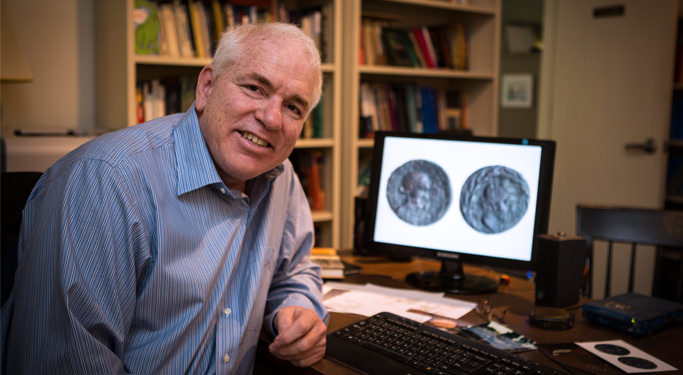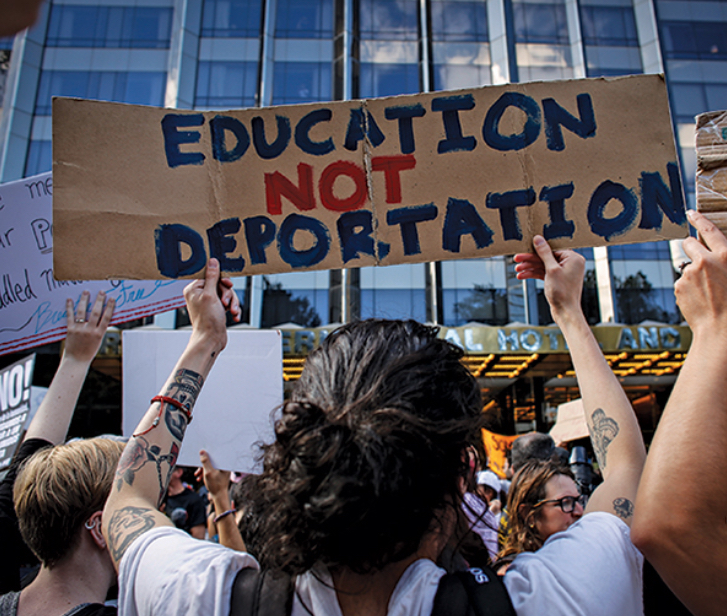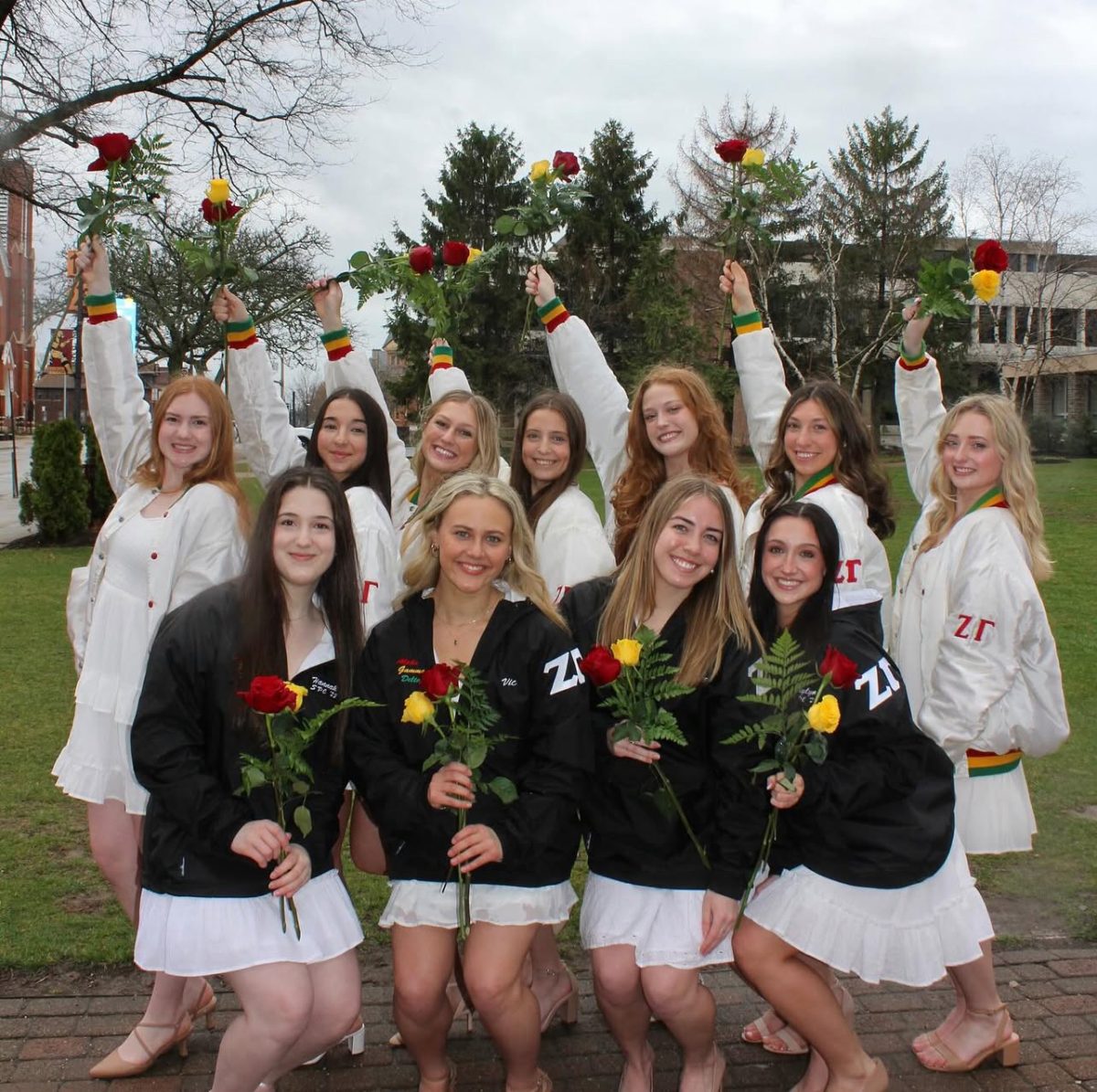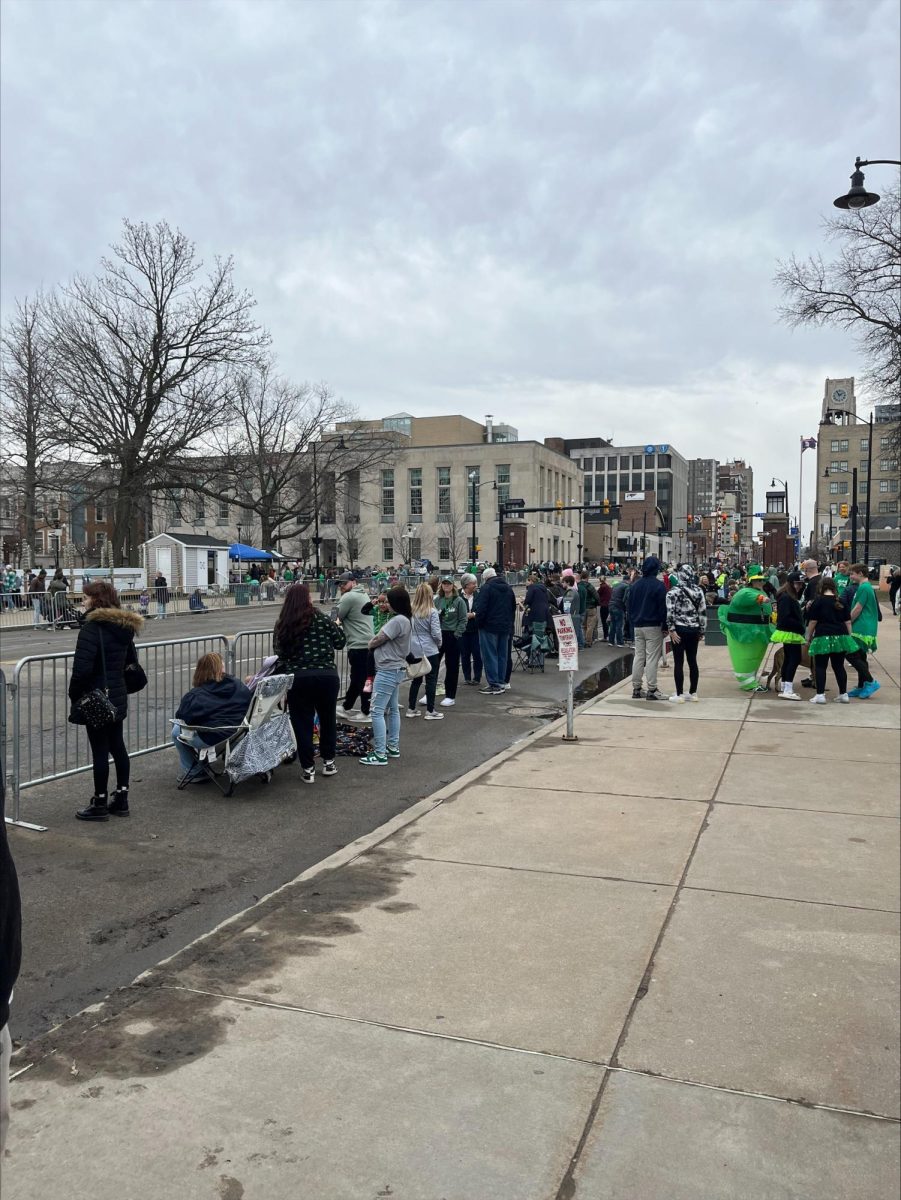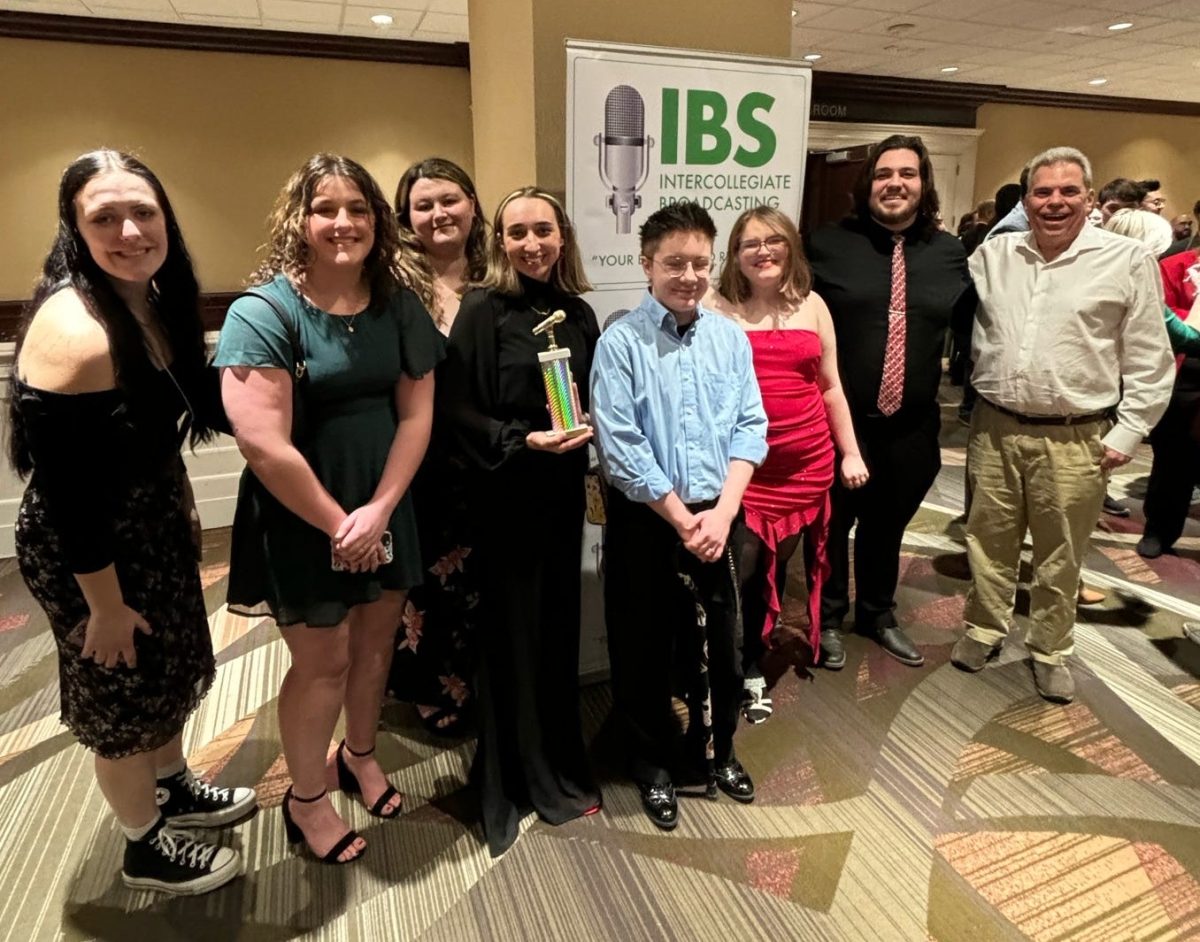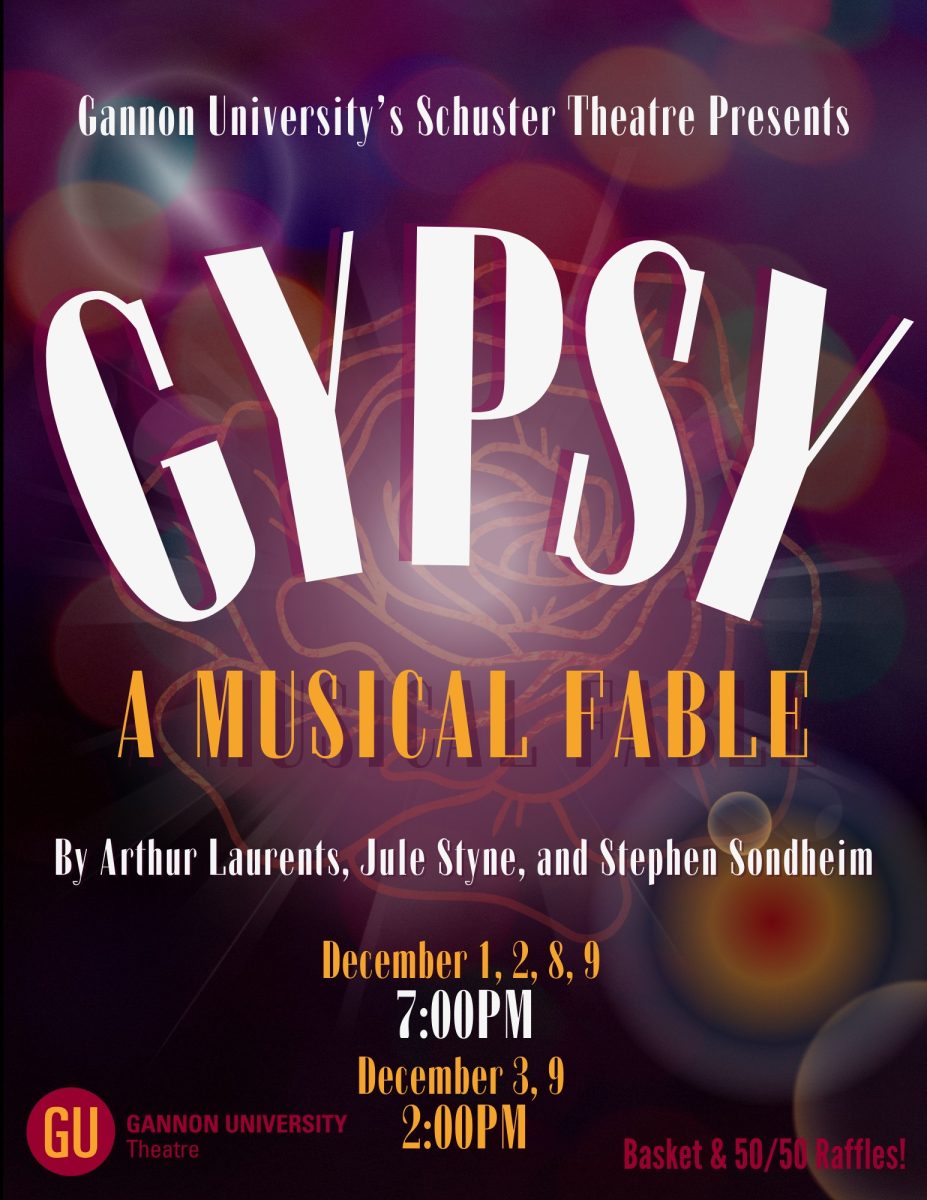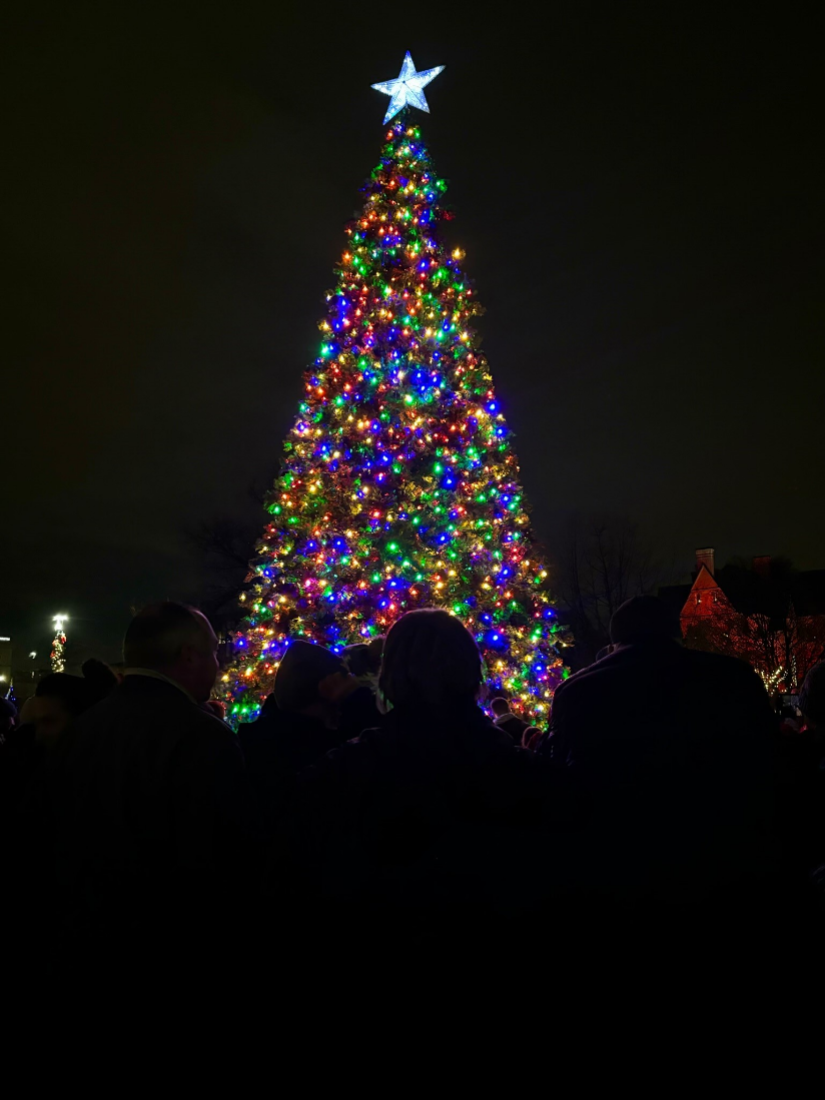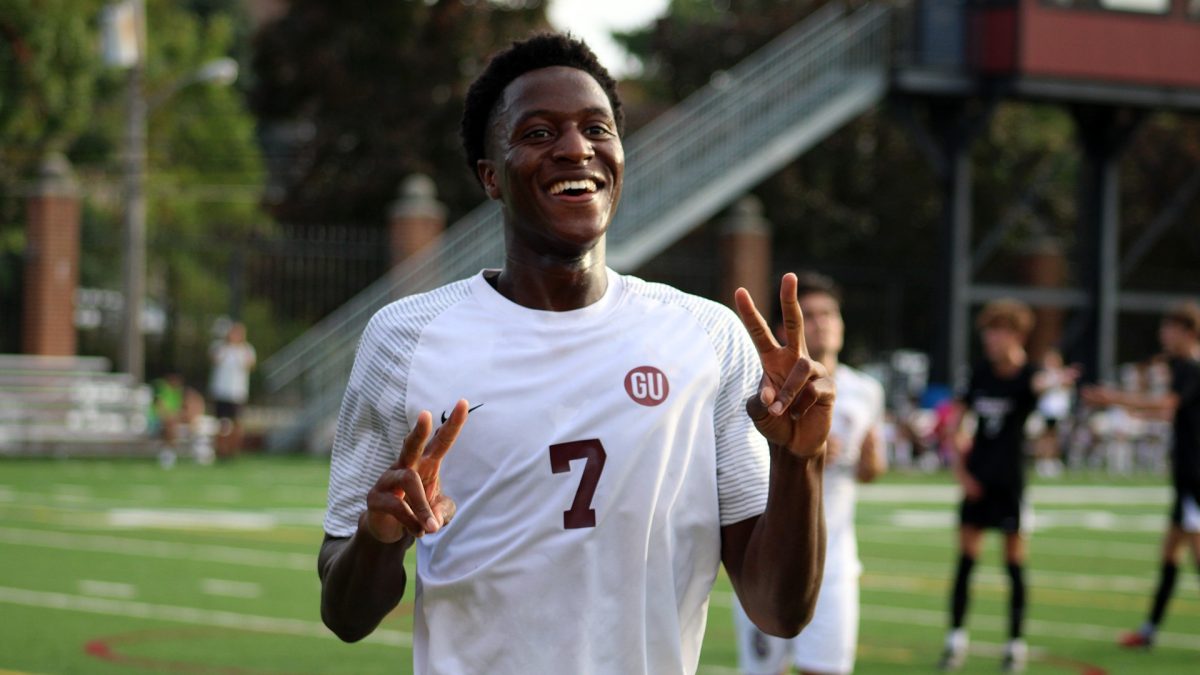Gannon University will host the Collins Institute Annual Lecture Series at 7 p.m. on Feb. 24 in Room 219 of the Waldron Campus Center.
The Collins Institute for Archaeological Research is an endowed institute at Gannon with a threefold mission: to support archaeological excavation and publication, to provide hands-on archaeological instruction opportunities in lab and to complete community outreach.
The institute was endowed in 2006 and has held its annual lecture series each year since its endowment.
Past lectures include “Archaeology of Qumran and the Dead Sea Scrolls” presented by Jodi Magness, Ph.D. and “Paradise Found: Excavating the Petra Gardens” presented by Leigh-Ann Bedal, Ph.D.
Speakers are chosen by Professor Suzanne Richard, Ph.D., director of the Collins Institute. Richard looks for people currently excavating in Jordan, Israel and the United States.
“I know many people in the field of archaeology and anthropology so I normally contact someone who is either excavating or is a well-known scholar in the field and has new and interesting materials to present to a general audience,” Richard said.
This year’s speaker will be Carl Savage, Ph.D., an associate professor at Drew University in Madison, N.J.
Savage is the assistant director of excavations for the Bethsaida Excavations Project. He will speak about his excavations in biblical Bethsaida, Israel, and their importance in today’s society.
Savage has gone on seven excavations to Bethsaida and spent the last 21 years of his life on this process.
According to Savage, each excavation begins with a research question. In his lecture, he will discuss the excavation that helped him answer, “Is this the Bethsaida of the New Testament?”
After a research question is formed, researchers must proceed with caution while they dig so as not to damage any potential artifacts they may find in the process. Savage takes extreme care during his excavations.
“I live by the motto ‘Dig with maximum control, record for maximum data retrieval,’” Savage said.
Savage said that excavation is never truly complete until researchers publish their results and make them available to the public.
His team of excavators has published four books of its findings, including Savage’s own book, “Biblical Bethsaida,” which examines Bethsaida during the time of Jesus.
Though Savage is a biblical archaeologist with a main focus in Bethsaida, he has also been on excavations to Bethlehem, Qumran and the Cave of Letters.
“Bethsaida takes up most of my time and has for 21 years, but there has been some talk of other excavations,” Savage said.
Richard encourages all students to attend this lecture series to become more knowledgeable about topics they might not normally be exposed to.
“I think it is important for Gannon students to attend archaeology lectures to expand their horizons to other worlds, other times, other peoples of the past,” Richard said.
“An archaeology lecture opens up a diverse, multicultural world that not everyone can experience through travel.
“I am a firm believer in the idea that you cannot understand the present without having a good grasp of the past.”
Richard also hopes to make students more aware of the archaeology department at Gannon as a whole.
The Collins Institute is located in Room 2203 of the Palumbo Academic Center and houses archaeological remains from Richard’s excavations in Khirbat Iskander, as well as in the Archaeological Museum Gallery located on the ground floor of the Center for Communication and the Arts.
LYDIA FENNESSY
[email protected]


